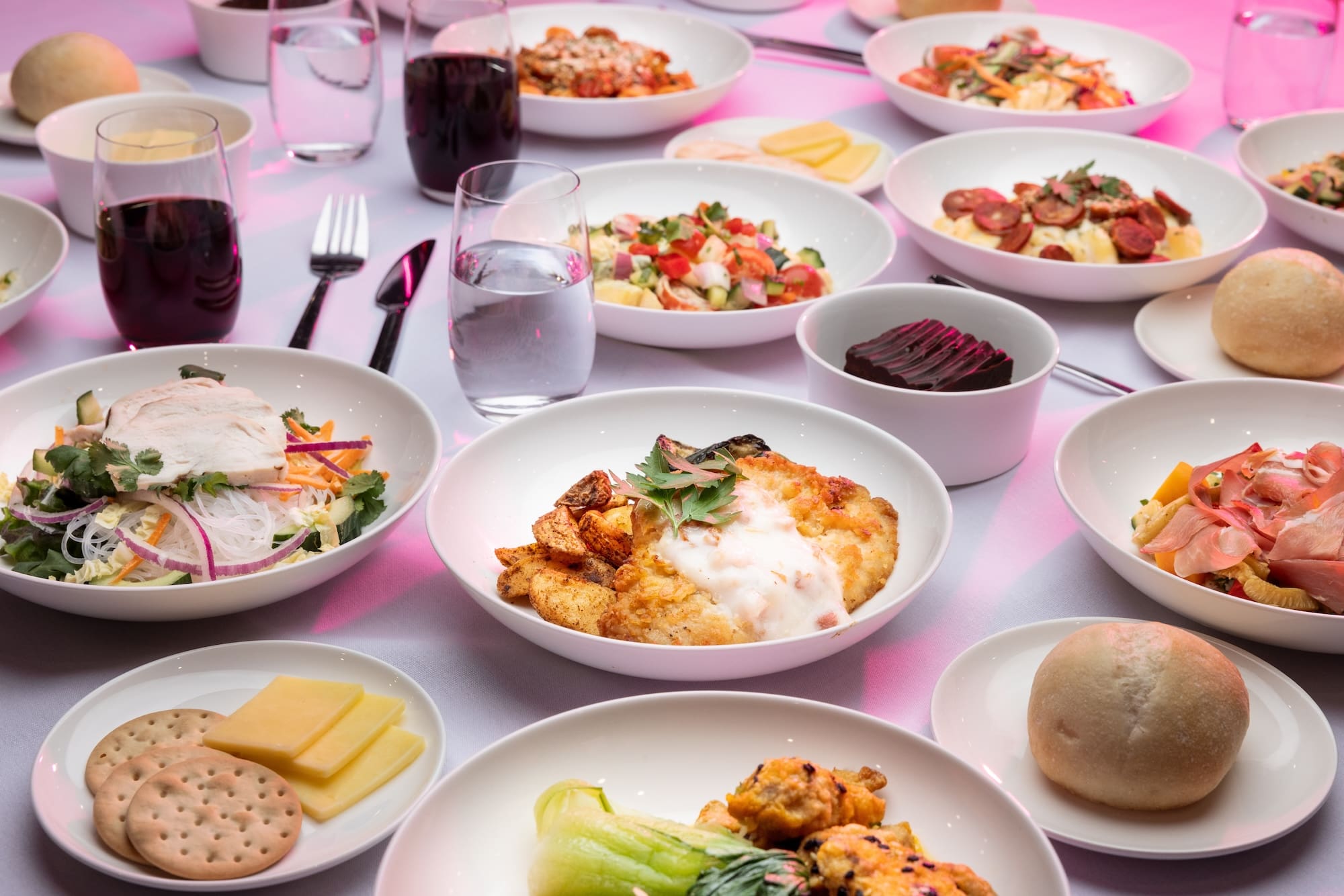Lift prices, find your niche or shut: Australian cafes face tough choices as inflation bites

- by Admin
- June 26, 2024

The Sydney eatery John Montagu is known for its sandwiches.
The cafe in the harbourside suburb of Woolloomooloo has an avid following, especially among those who appreciate that it is named after the Earl of Sandwich, which may sound comical but is a bone fide noble title.
After a decade of serving customers, however, there’s less joking around.
The morning crowd has dried up, with customers attending less frequently as flexible work upends dining habits and cost-of-living pressures mount. Many patrons are making their coffee and toast at home.
“We used to sell 35 to 40 bacon and egg rolls a morning; we are now doing less than half that number,” says the owner, Narada Kudinar.
“The last year has been particularly rough. There’s been too many things all in a row, and eventually there’s a straw that breaks the camel’s back.”
Kudinar had decided to close John Montagu next month but has since found a buyer who he says can “reinvest in the business in a way I haven’t been able to”.
Small businesses around Australia have been through an explosive period marked by lockdowns, reopenings, hybrid office trends and worker shortages.
Inflationary pressures are now putting them out of business in decade-high numbers, given costs are escalating at the exact moment consumers are tightening their budgets.
On Wednesday, Australia’s monthly inflation rate increased to its highest level in 2024 in the latest indicator interest rate relief won’t be occurring anytime soon, further curtailing household spending.
The persistent levels of inflation combined with poor economic growth also threatens to usher in an era of stagflation, a sombre economic situation last seen in the 1970s.
For the hospitality industry, costs for ingredients have rocketed, as have leases and utility prices.
At the same time, customers grappling with high mortgages or rents and general living costs are cutting their spending, with non-essential items such as cafe breakfasts among the first to go.
Kudinar says the volatile trading conditions dating back to the pandemic have taken a personal toll.
“It’s hard for humans to go through this, we’re not built that way,” says Kudinar, who also runs the restaurant Yan, an Asian smokehouse, which he will now focus on.
“We need to have more stable settings so that you can make a judgment on what you want to do.”
As budgets get squeezed, consumers are cutting back on just about everything, with mortgaged households and younger people the most affected.
But consumers are still using some of those savings to splash out on things that are important to them, such as a Taylor Swift concert ticket, brunch at a French creperie or a 12-hour slow-cooked beef cheeks sandwich from John Montagu, complete with horseradish mayo.
“Some people say you’ve got to put cheaper options on the menu but it’s actually the cheaper options that aren’t selling as well, because they’re the ones that are easiest to replace,” says Kudinar.
“Our signature sandwich is $25 and people still come in, sit down and enjoy it, and that’s what has kept us going. They are not buying the $6 sourdough toast with Vegemite.”
Home brew
Cafe owners know that if they go downmarket to cater for cash-strapped customers, they end up competing with supermarkets offering pre-packaged sandwiches and sushi.
Richard Marchandise, owner of the Parisian inspired delicatessen and coffee roastery Mimolette Windsor, says he wants to offer an affordable and high-quality menu even as the business grapples with an “insane” increase in costs of everything from olive oil and butter to coffee beans and milk.
“It’s very important to me that customers can have a French baguette with French cheese at an affordable price but we had to raise our prices last month for the first time in three years,” the Melbourne business owner says.
“We tried to keep prices as low as we could for as long as we could but it reached a moment when it was no longer sustainable.
“I knew if I didn’t do it my shop wouldn’t survive.”
Marchandise was operating his business at three locations before the pandemic and its aftermath prompted him to close two of them.
The main business, Mimolette Windsor, is still open, but he says there’s been a noticeable difference in how consumers are spending.
“They used to come in and get coffee and something sweet but now, because we roast coffee, more are coming in to buy the beans to make their coffee at home.”
Consumer prices are up 4% from a year ago, according to Wednesday’s data, propelled in part by increasing electricity prices and housing costs, including rising rents.
Food prices were up 3.3% from May 2023, with fruit and vegetable prices climbing aggressively, hurting consumers and food businesses.
Marchandise says the combination of high costs and household stress is having a devastating impact on small businesses.
“I know numerous cafes that have closed down because they can’t sustain it,” he says.
“Others know that if they don’t increase their prices, they will shut in the next 18 months. They also know their customers might not be able to afford a price rise.”
The Latest News
-
November 14, 2024Australia Post unites HR support with new ‘front door’ and tech platform
-
November 14, 2024England Boss Fears New Directive Risks Rugby Turning Into Aussie Rules
-
November 14, 2024The Hunter day at Newcastle Races Betting Sites/Apps Offers, Free Promo Codes and Bonuses – 2024
-
November 14, 2024Moonee Valley Races Betting Sites/Apps Offers, Free Promo Codes and Bonuses – 15/11/2024
-
November 14, 2024Virat Kohli was once the king. He’s now in the company of journeymen



